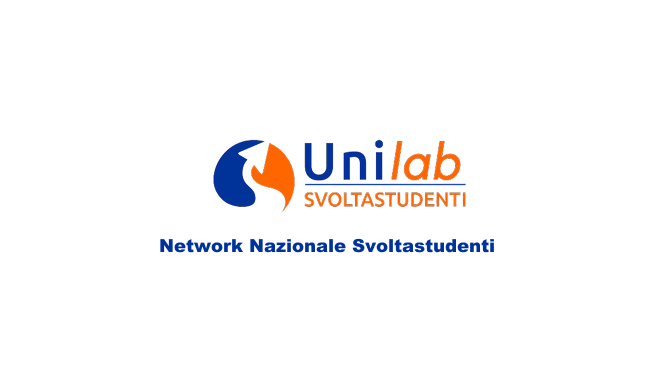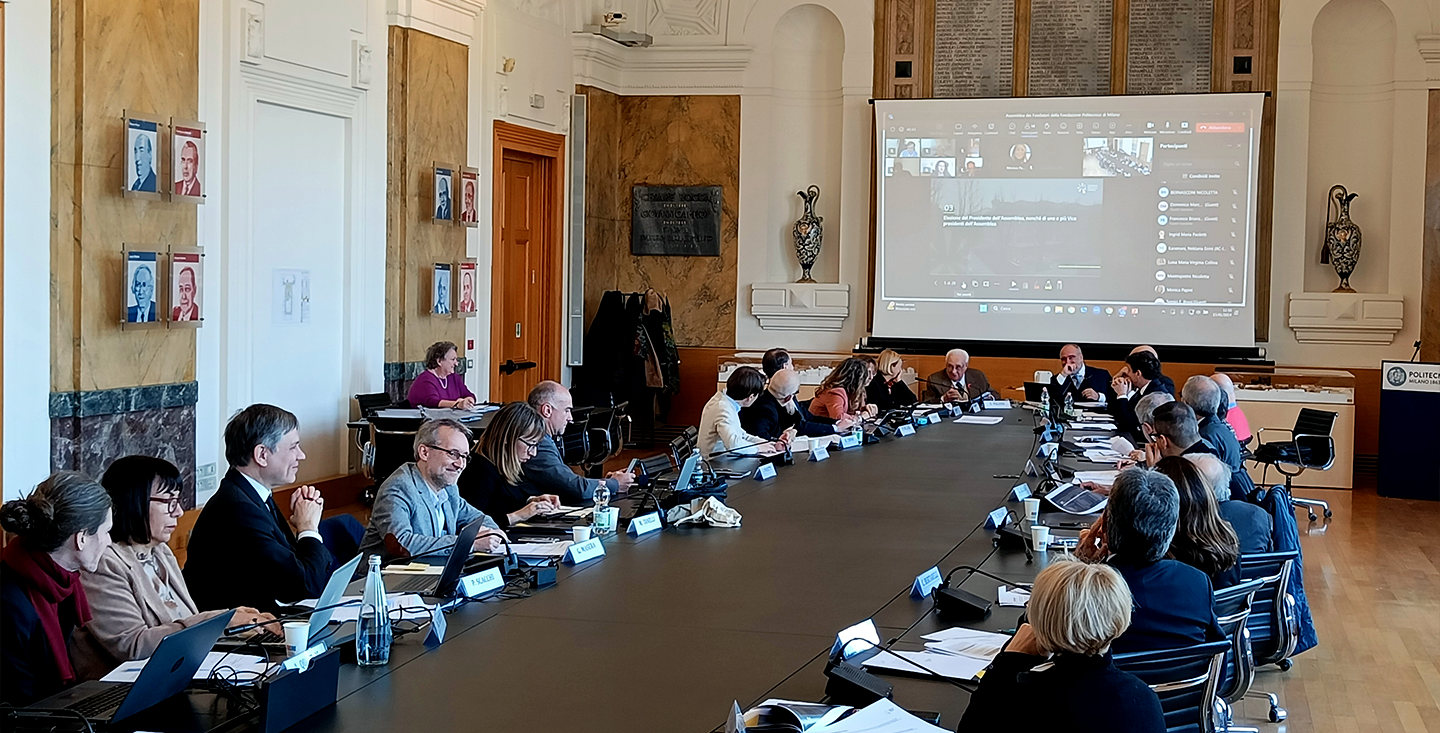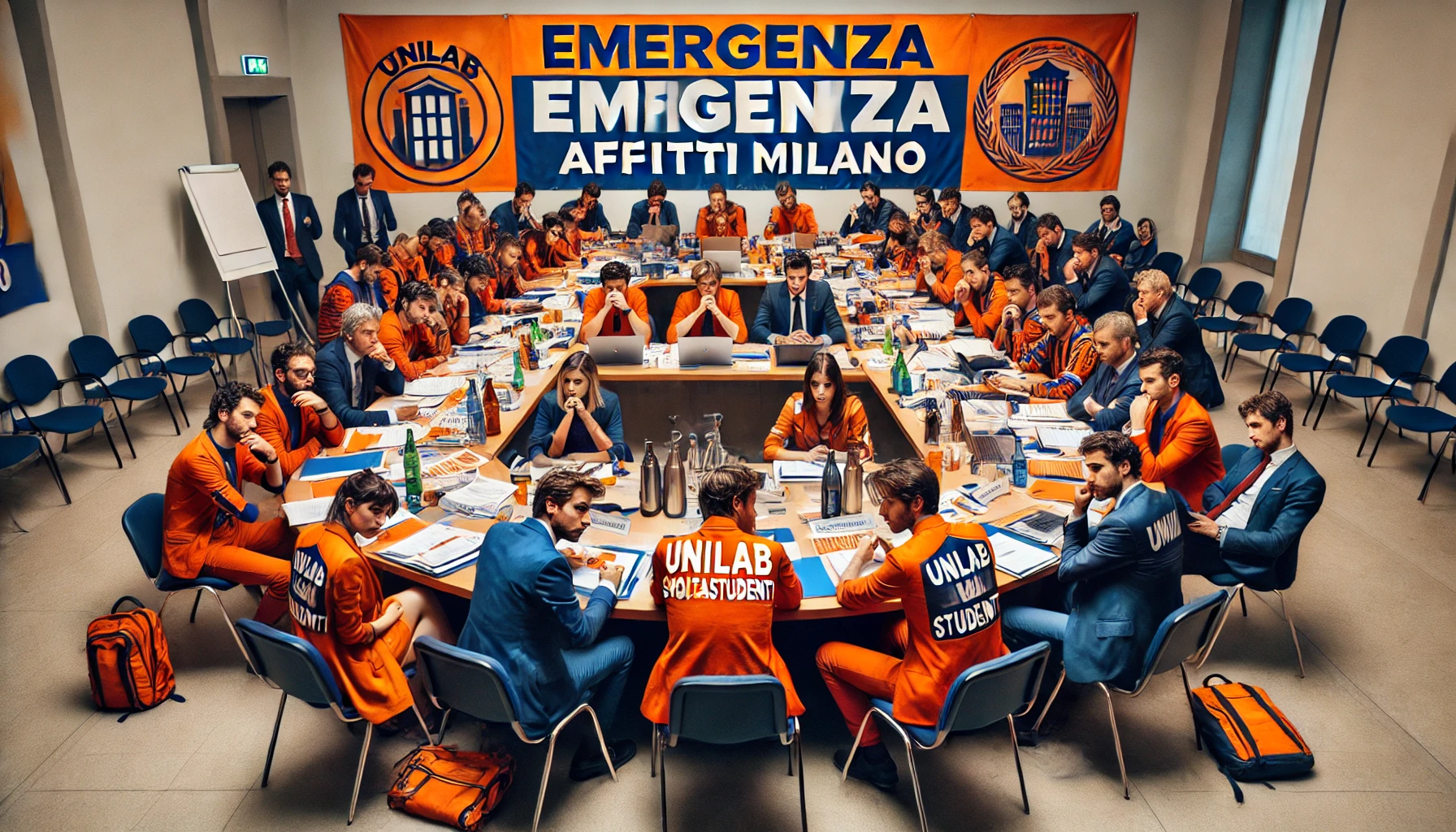Today, November 5, 2011, at the headquarters of the municipality of Milan Palazzo Marino, the municipal council of students, doctoral students and researchers met. This was attended by a delegation of four representatives (two students, a researcher and a doctoral student) for each university of Milan, and was held in the presence of the Mayor Giuliano Pisapia, the President of the Council Commission Filippo Barberis, who proposed and managed this initiative, the Councilor for Labor Policies, Economic Development, University and Research Cristina Tajani, the President of the City Council Basilio Rizzo and the members of the Council Commission for Labour Policies, Economic Development, University and Research. Obviously, our Polytechnic was also invited to take part in the meeting, presenting a document that reported data, needs and new proposals:
As students, PhD students and researchers of the Politecnico di Milano we appreciate the interest that the
Municipality shows towards the university reality, in the past neglected by the city administration.
In particular, we hope that today's initiative, which is important for collecting information and
ideas on the Milanese university system, will be followed by further opportunities for discussion with young people who attend city universities, through the creation of periodic and operational tables in which they can effectively contribute to guiding the choices of the city council that concern them.
The Politecnico di Milano
Some summary data of the Politecnico di Milano (referring to the a.y. 2010-2011): the University provides several courses of study concerning the scientific areas of Engineering, Architecture and Design:
- 46 Level I study courses (bachelor's, three-year degree)
- 40 LEVEL II study courses (master's degree, two-year degree)
- 25 PhD courses (three-year)
The enrolled students were
- 6461 level I (67% males, 37% females), 7% foreigners
- 4095 at the II level (61% males, 39% females), 18% foreigners (almost doubled in 2 years) who contribute to form the 36 722 students enrolled at the University;
- 369 phD courses (66% male, 34% female), 16% from other universities and
- 20% from foreign universities (both items have increased by about 50% in the last 2 years)
To its students the University offers
- 2046 places in various residences, with the forecast of another 1959 units in the next three years
- 13 M€ in scholarships and student services, divided as follows
- 6 M€ for scholarships financed directly by the University
- 5.5 M€ in meal vouchers, residential services, financing for various activities
- 1.5 M€ between tutoring, language courses, contributions for the disabled and other residual items
In the University there are 1360 teachers (74% males, 26% females) divided into
- 374 full professors (28%)
- 375 associate professors (28%)
- 541 researchers (40%)
- 70 fixed-term researchers (5%)
- 1177 employees (41% male, 59% female) of the technical-administrative staff.
Taking the opportunity of this Municipal Council, we have collected a series of proposals on which the Universities and the Municipality can confront and intervene effectively to improve the daily sustainability of the subjects involved: students in different capacities, researchers and citizens.
Sustainability
- Bike-sharing:in agreement with the Sustainable Campus project promoted by the Politecnico di Milano and the University of Milan (http://www.campus-sostenibile.polimi.it), it is proposed to extend the Bike-Mi service to Città Studi, to ensure the connection with the points of origin and improve the conditions of movement within this area. In fact, since the Leonardo campus is particularly extensive, it would be very useful to have a bike-sharing service to allow internal movements and to be able to reach the stations of Lambrate and Piola. However, the service requires the use of a credit card, and this is a problem for many students as not everyone has it: we therefore propose to think of alternative payment solutions, which meet those who can most use the service. Connected to bike-sharing, the +bc service could be reinserted, a project of cycle-workshops present in universities (http://www.piubici.org/ciclomobile), which certainly in this way would see a greater possibility of intervention on circulating bicycles.
- Pedestrianization of Via Andreoli:the livability of the Bovisa pole of the Politecnico di Milano could improve considerably with some targeted interventions. In particular, via Andreoli (the road connecting the Bovisa station and the architecture campus of via Durando) is very busy and narrow: proceeding with its pedestrianization would allow students to better experience that space in which they pass every day, creating advantages also for the blocks involved and commercial activities. This kind of works are clearly the prerogative of the Municipality of Milan, which in the past, however, has already found itself collaborating with the Polytechnic for similar experiences in Città Studi, where the pedestrianization of the last stretch of Via Ampere has allowed an improvement in the lives of students and residents.
- Green area p.zza Leonardo: we believe that it is a great resource for students, university staff and residents, but the bad conditions in summer and winter (pantani) prevent its use. Maintenance could be improved and appropriate equipment installed.
Libraries
Currently the only library in the city open in the evening and on weekends is the Central Library of Architecture of the Polytechnic, which recorded a significant number of presences in the evening, especially in the periods before the exam sessions. The administration, similarly to what happens in all the most important European cities, can work to extend the opening hours of the civic libraries both during the week and on weekends, also through a direct involvement of students in the management and at the same time promoting the birth of similar initiatives in all the city's universities.
Wi-fi connection
The need for communication via the internet is increasingly in demand, because it allows both citizens and students to use a variety of services. Since the technological reality is no longer an obstacle to achieving this goal, a proposal in this direction is to expand the coverage provided by the Wi-Mi wireless service offered by the Municipality of Milan, especially in areas with high attendance (Metro stations, railway stations, parks, …), and to start a widespread operation of wi-fi federation already existing both in the various universities (the Polytechnic has already started an agreement in this direction, which we hope will end in the short term) and in other Municipalities-Provinces-Regions (see for example the portal http://www.freeitaliawifi.it,which involves among others the Municipality of Venice, the Province of Rome and the Sardinia Region). This would allow citizens to use the wireless service even in areas not covered by the Municipality's network, and students to access university services even when they are outside the university.
Residential rentals and services
In recent years, the Politecnico is investing significant resources to increase its offer of beds in university residences, and plans to double the housing for its students by 2015. Even the municipal administration can have a positive impact on the issue of student housing, especially critical in Milan due to the high cost of rents and the significant presence of existing living spaces that remain removed from the market and contribute to price speculation.
In this context, it would certainly be useful to provide, through the forms of local agreement made possible by Law No 431/1998, for a transitional lease contract that is in line with the housing needs of university students and that is supportive for both students and landlords.
We also believe it is useful to think of forms of "housing" complementary to the classic ones, exploring all the possibilities of the municipal administration to encourage social housing. For example, some unused structures can be identified in which to obtain housing dedicated to students, as in part has already been done with the sale of old schools and other buildings for the construction of residences.
Finally, through agreements with housing cooperatives, student-friendly
rooms could be offered in structures that respond well to their housing needs, and that possibly can be of help to that class of "marginal" students who, although not entitled to scholarships for the right to study, are particularly affected by the high cost of housing.
Student Portal
We believe it is important that the administration promotes a portal dedicated to services for students, which is the "showcase" of all the opportunities offered by Milan to university students. In addition to presenting the agreements provided for by the Municipal Charter of University Students, we could point out the libraries and city theaters, sports facilities, training and language courses activated by the municipality, as well as all other relevant information for young people who move to Milan.
In this context, it would certainly be important to provide an ad management service, to facilitate the meeting between supply and demand of housing by improving what has already been done through the AgenziaUni initiative. Student associations and cooperatives could also be involved in the management of the portal, which as shown by some experiences already in place can play a valuable intermediary role, facilitating the search for the student and counteracting irregular rents.
Obviously, the pages of the site should also be available in English, to provide useful information to the many foreign students who attend Milanese universities and promote the internationalization of our universities.
Science
In Milan there are various research institutions, including the Politecnico di Milano, which produce knowledge and are a source of innovation at an international level. It is important that the world of research be taken into account in the development plans, and that the project continues to create an opportunity for periodic, effective and not only formal meeting between the Municipality (the natural extension of the dialogue process must then also be addressed to the Province and Region), universities and research centers, to encourage both dialogue between the various institutions and to bring to the attention of citizens what is done in the various structures in the field of research.
An opportunity in this sense is given by the Researchers' Night, an initiative promoted by the European Community and involving hundreds of researchers in all European countries, with the aim of spreading scientific culture in a fun and stimulating context; the city has the opportunity to show its citizens the fascinating world of research, but to achieve the goal there is a need for effective and effective publicity of the event, and the willingness to also provide adequate spaces (additional to the university ones) in which to carry out seminars, shows and scientific demonstrations.
Another example, which comes to us from other city realities and that our city lacks, is the creation of a Science Festival, able to create interest in research and promote the passion for science especially among the youngest, a project in which our University could certainly provide a significant contribution.
Doctorate and access to the world of work The training course of the PhD, capable of generating high quality scientific products, must be linked to the possibility of identifying new synergies with the outside world and with the market for the production of knowledge, the doctor's natural outlet. This path today seems too directed to forming personalities suitable for the continuation of the academic career, but this opportunity must become only one of the possible alternatives for the future of the doctor, and the university must become not only the place of dissemination of culture, but also the place of true production of knowledge.
The PhD must therefore have not only scientific quality, but also a concreteness that can be spent in the business world, and to implement this change of orientation it is necessary that doctoral students are favored in creating connections and generating contacts with companies and external institutional realities.
All this must be linked to a common commitment of the various institutions with the aim of bringing students in different capacities (graduates and PhDs) closer to the world of work, in particular by pursuing the simplification of the administrative obligations necessary for the inclusion of
subjects in the entrepreneurial field.
other institutions with the aim of bringing students in different capacities (graduates and PhDs) closer to the world of work, in particular by pursuing the simplification of the administrative obligations necessary for the inclusion of subjects in the entrepreneurial field.
Research in design and redevelopment
At the Politecnico di Milano many researches and experiments are developed on different
issues close to the areas of competence of the municipal administrations (from urban planning issues
, to the recovery / redevelopment / maintenance of public buildings and urban spaces, to
issues related to new design, etc …).
On these issues, of prevalent collective interest, researchers and students work daily; it is a large amount of human resources, which often already develop experimental applications on case studies of the Milanese reality and which could be valued and further encouraged to deal with issues considered priority by the administration.
A proposal for collaboration in this direction could be the activation of calls for competitions of
ideas on topics of interest to the city, aimed at students (as part of structured educational activities) and undergraduates in theses, which reward with opportunities to enhance the commitment, such as the publication of the works produced or the participation in subsequent project developments by the researchers / students who have produced the results more interesting.
Sincerely,
Marianna Travaglini, Fabrizio Cotini (students)
Alessandra Chiapparini (PhD student)
Maurizio Zani (researcher)




